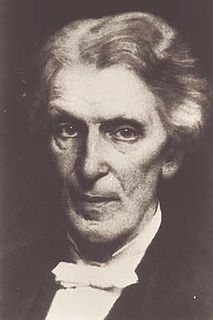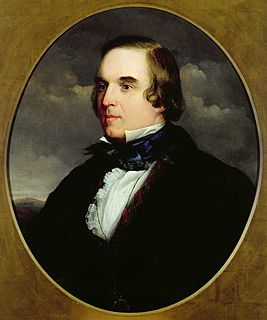A Quote by Ralph Waldo Emerson
The sentiment of virtue is a reverence and delight in the presence of certain divine laws. It perceives that this homely game of life we play, covers, under what seem foolish details, principles that astonish.
Related Quotes
The essence of spirituality does not consist in a specialised or narrow interest in some imagined part of life, but in a certain enlightened attitude to all the various situations which obtain in life. It covers and includes the whole of life. All the material things of this world can be made subservient to the divine game, and when they are thus subordained they become auxiliary to the self-affirmation of the spirit.
Fundamentally, however, there is neither good nor evil; this is all based on human concepts. In the universe there exists neither good nor evil, because everything has been created in accordance with immutable laws. the divine principles are reflected in these laws, and only through knowing these laws will we be able to get close to the divine.
A tree, young or old, if admired, remains a definite vision, and when after long absence it is visited again, the meeting place is approached with feelings of pleasure and curiosity as to how one's friend had fared, even with thoughts as to what changes may come to tree or visitor since first they met; this may seem like a foolish sentiment - perhaps it is. But, after all, sentiment is mingled with most that's best in life.
Principles are concepts that can be applied over and over again in similar circumstances as distinct from narrow answers to specific questions. Every game has principles that successful players master to achieve winning results. So does life. Principles are ways of successfully dealing with the laws of nature or the laws of life. Those who understand more of them and understand them well know how to interact with the world more effectively than those who know fewer of them or know them less well.
It is odd that a value/virtue that plays such a central role in dramatic literature has played such a small role in philosophical writing. There are probably a number of reasons, but I think that a predilection for a certain kind of individualism is a major one. Others might include the fashionability of consequentialism, the idea that loyalty has more to do with sentiment than reason, as well as its proneness to corruption. The revival of interest in virtue/character as distinct from rules/principles has also created space for a renewed, if hesitant, interest in loyalty.
Always keep your foes confused. If they are never certain who you are or what you want, they cannot know what you are like to do next. Sometimes the best way to baffle them is to make moves that have no purpose, or even seem to work against you. Remember that, Sansa, when you come to play the game.” “What . . . what game?” “The only game. The game of thrones.” -(Littlefinger)
If what was said in the Ethics is true, that the happy life is the life according to virtue lived without impediment, and that virtue is a mean, then the life which is in a mean, and in a mean attainable by every one, must be the best. And the same principles of virtue and vice are characteristic of cities and of constitutions; for the constitution is in a figure the life of the city.









































